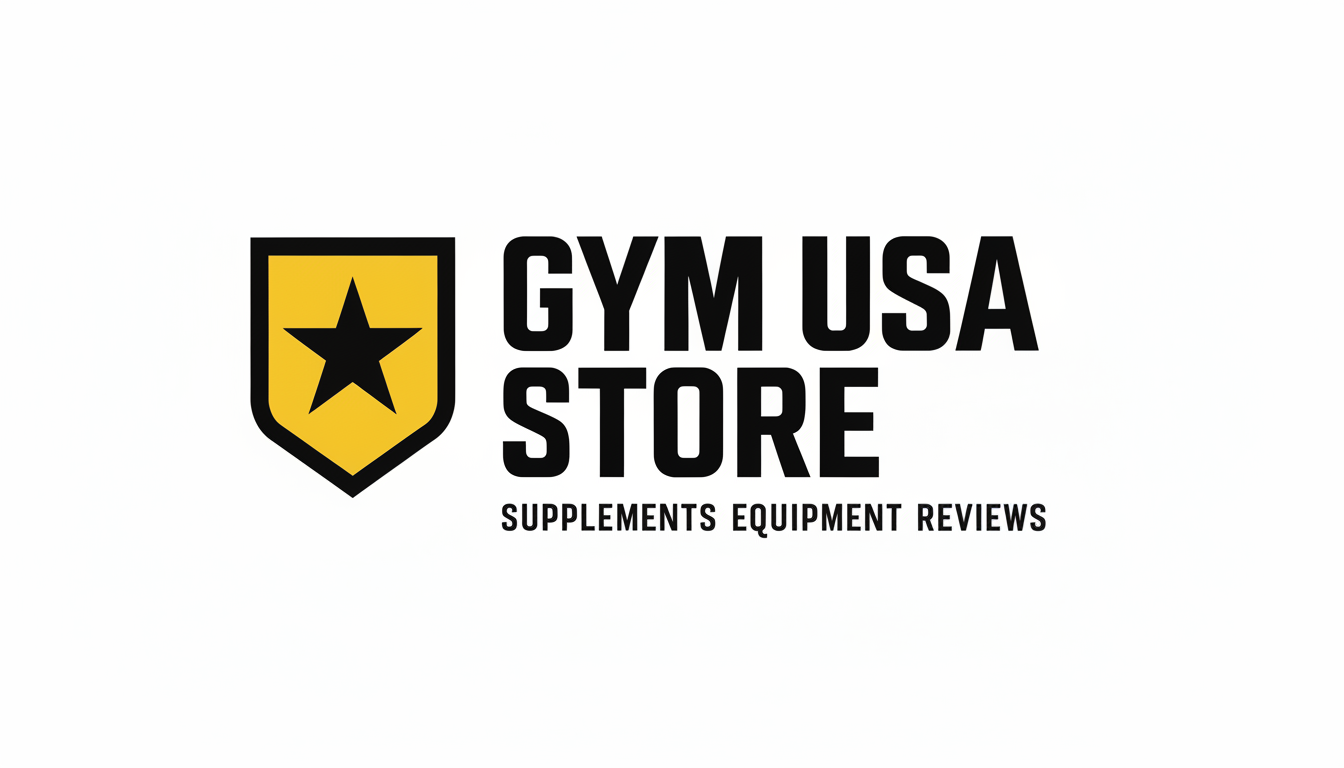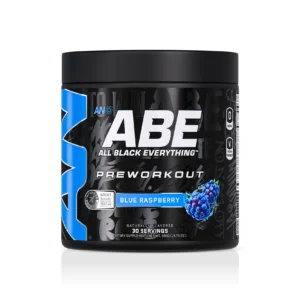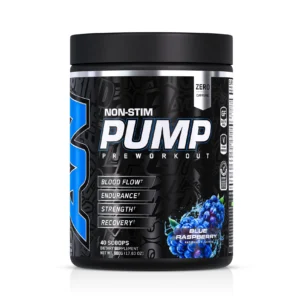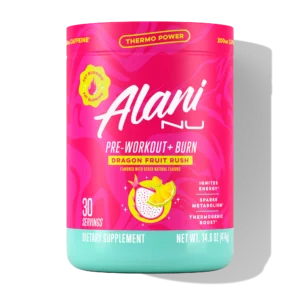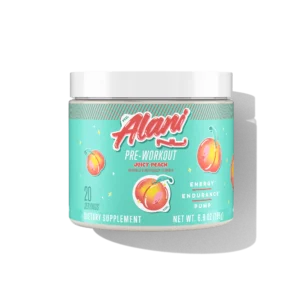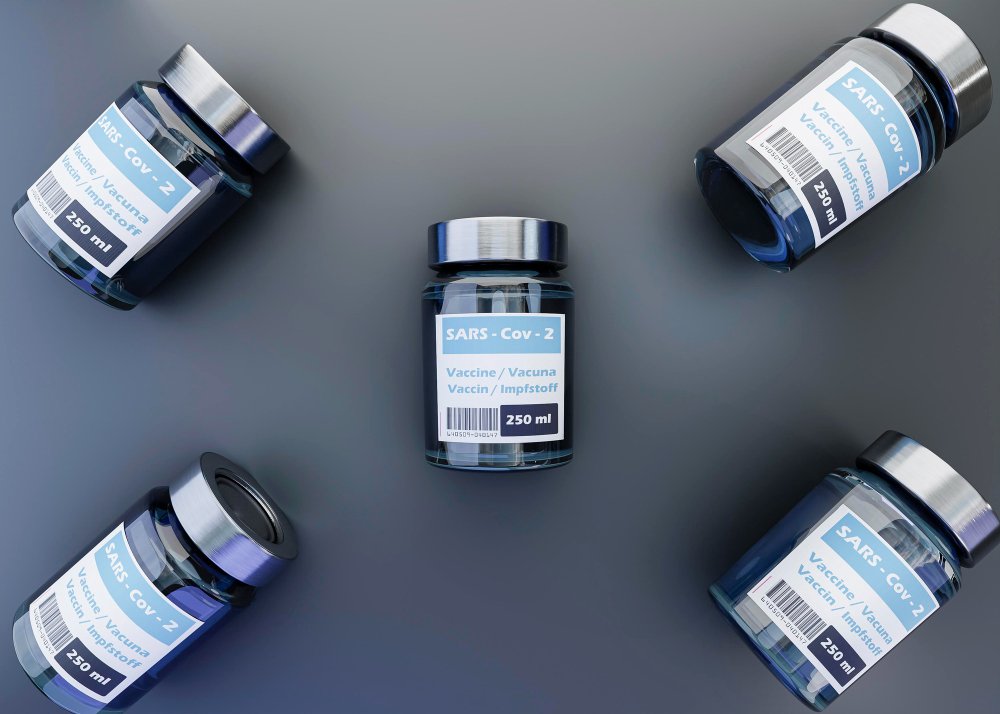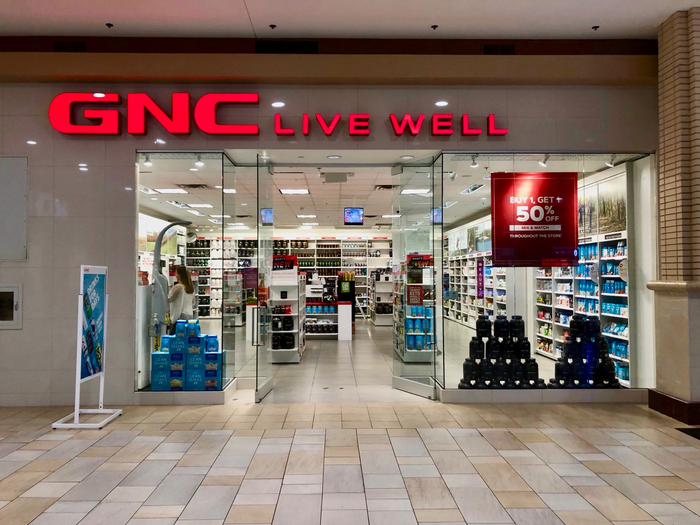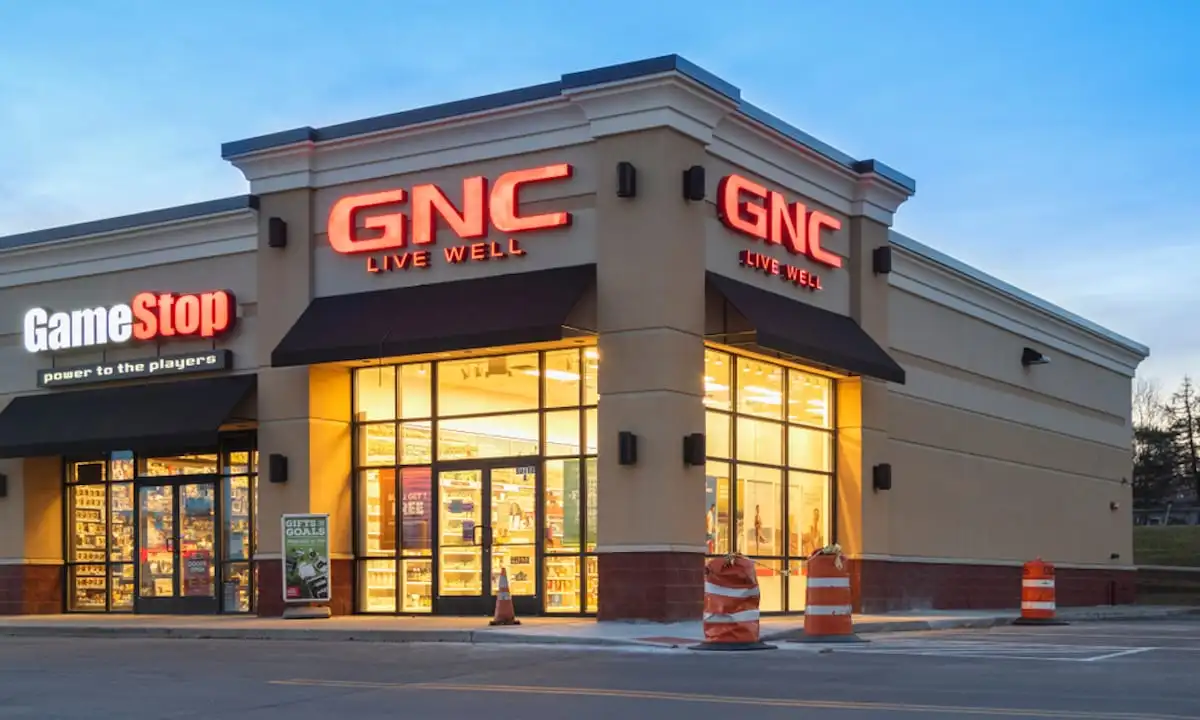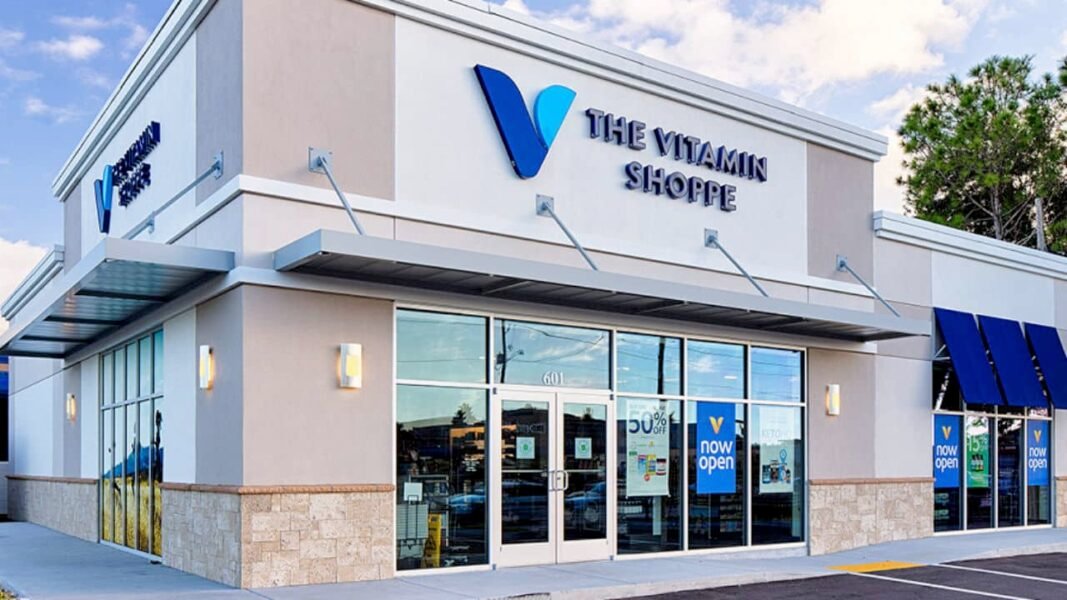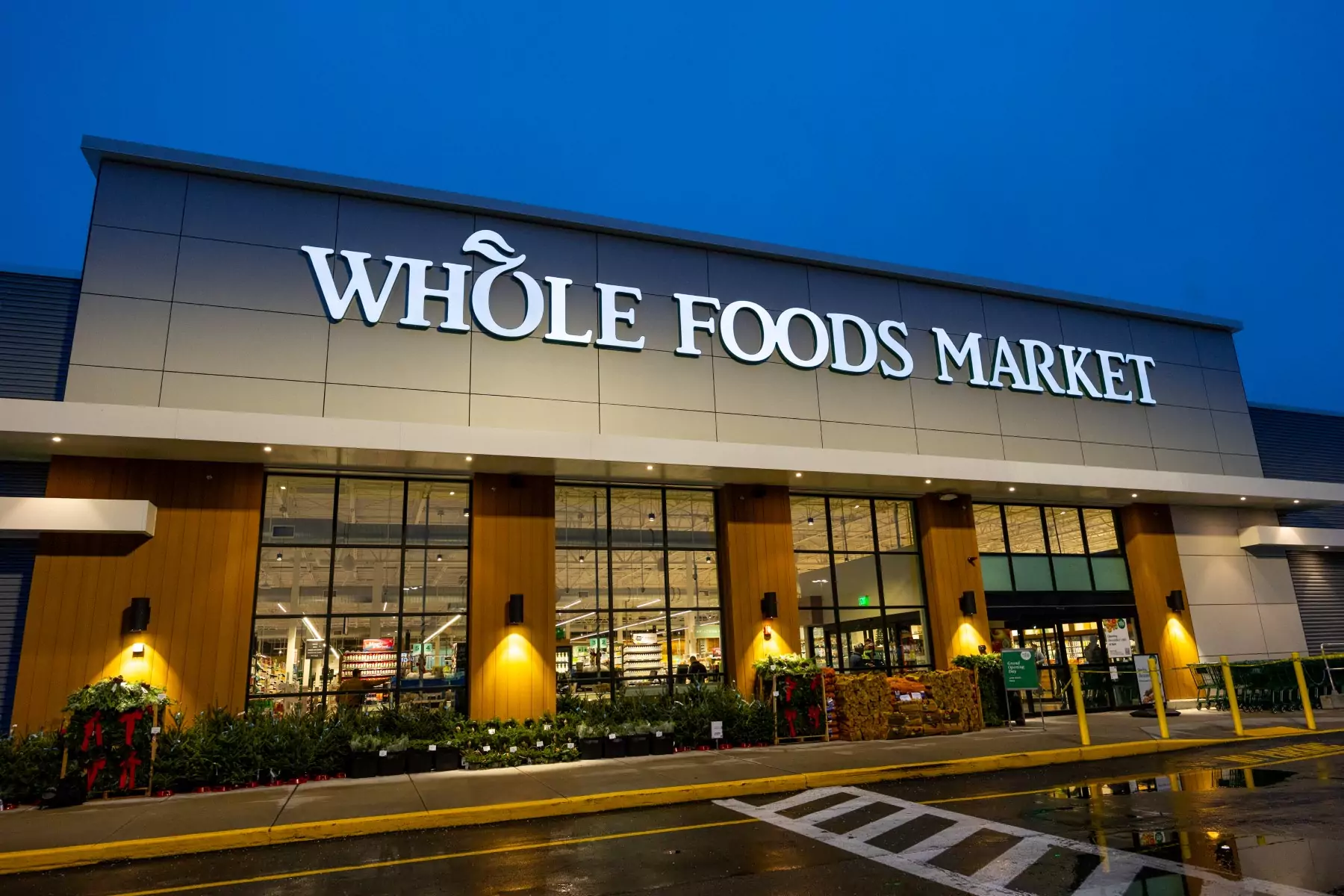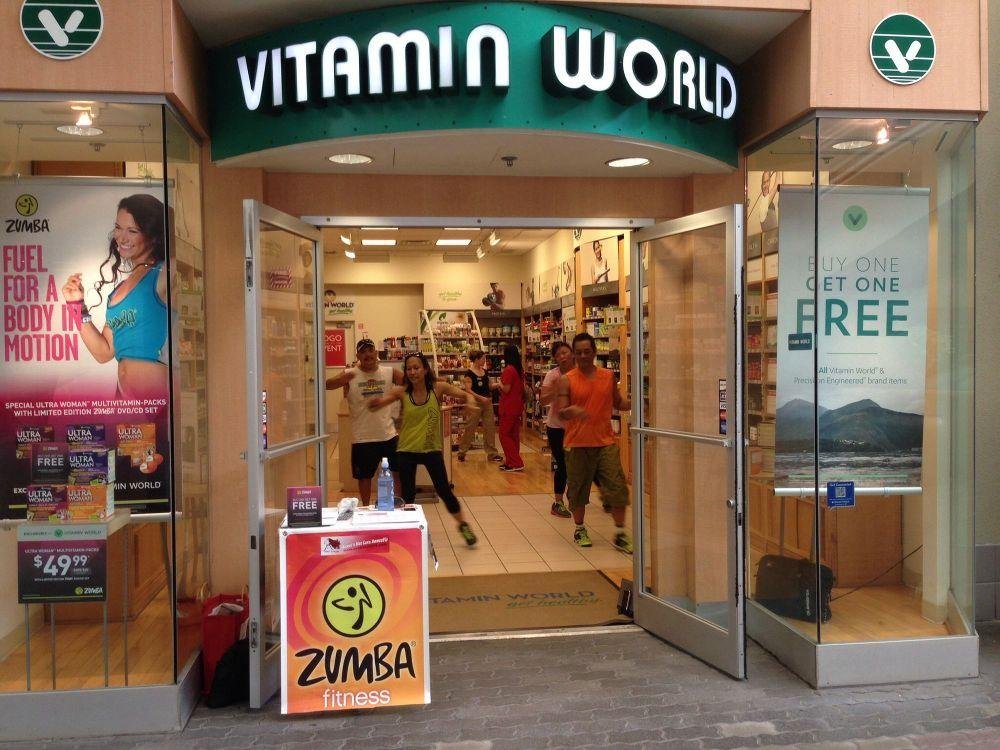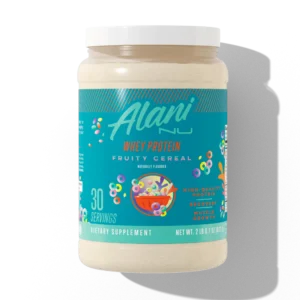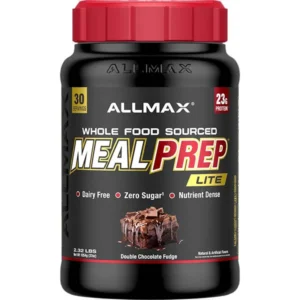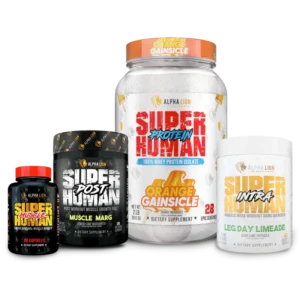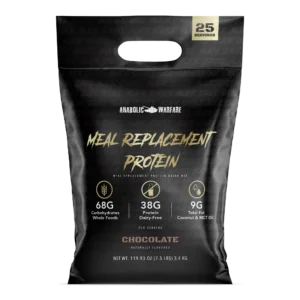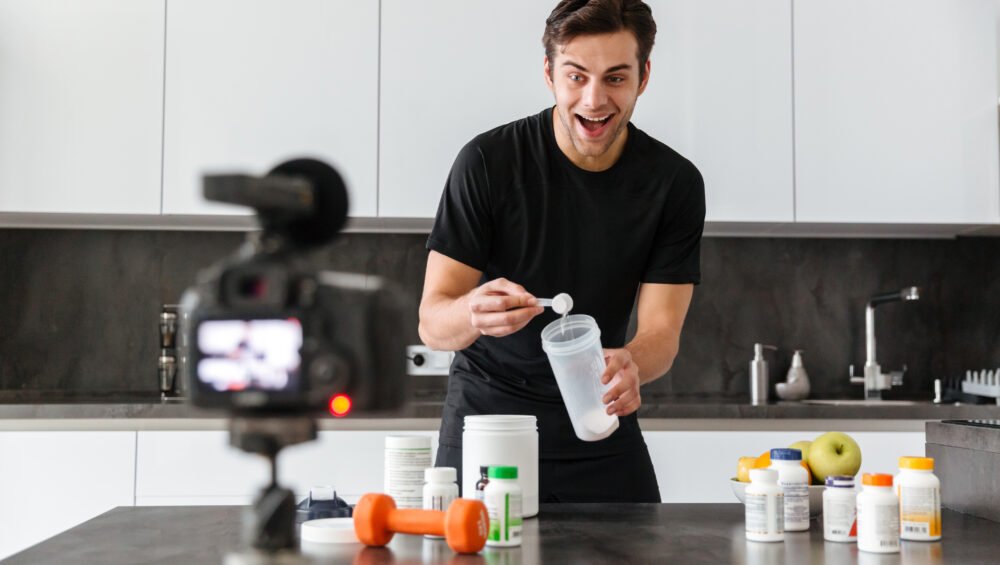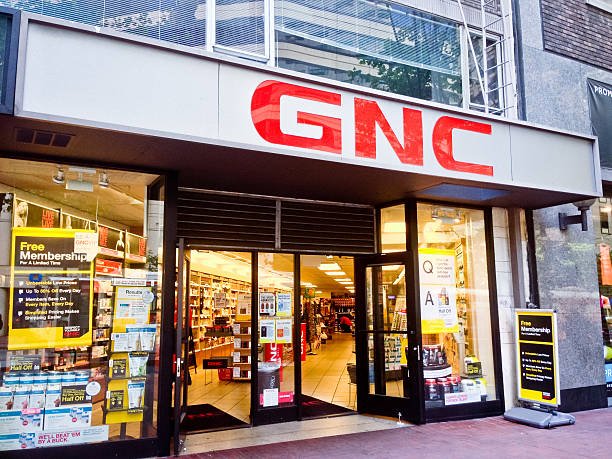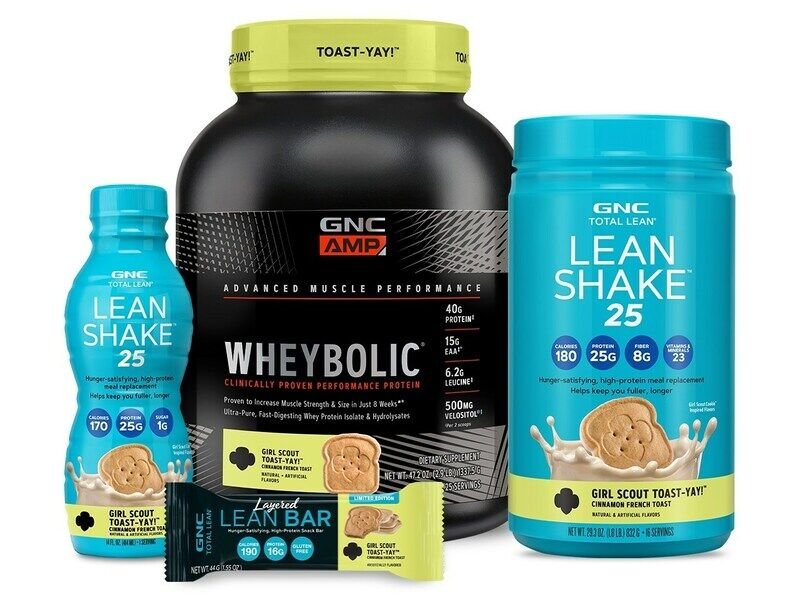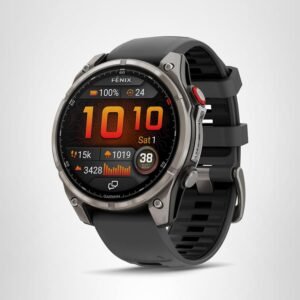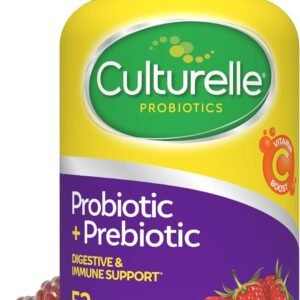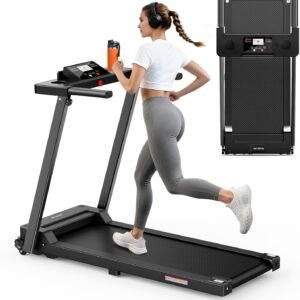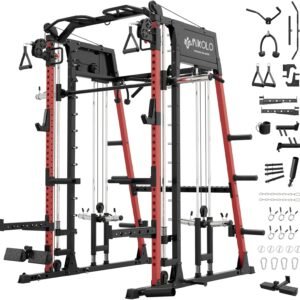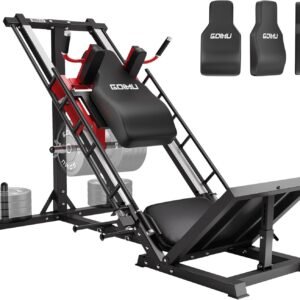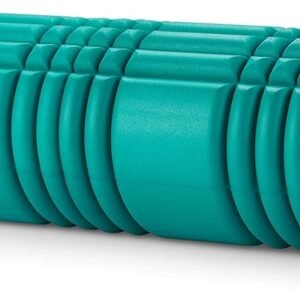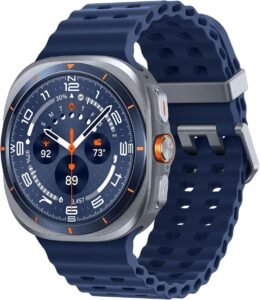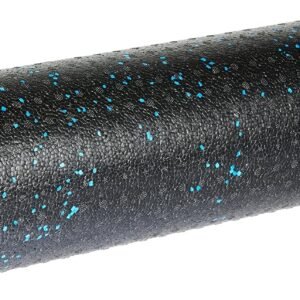Top 5 Shaker Bottles for Gym Goers in the US (2026 Guide)
Still looking for proper bottle shaker for your daily gym session? Whether you’re smashing personal bests, prepping pre-workout drinks, or sipping post-lift protein, the right shaker bottle is essential. A great shaker isn’t just a water vessel — it’s your everyday gym companion. It blends efficiently, doesn’t leak in your bag, stays comfortable in hand, and adds long-term value to your fitness routine. Here are the top 5 shaker bottles that truly stand out in 2026.
First check our selection of shaker bottles for the gym goers
1. Blender Bottle Pro Series 32 oz. Shaker Bottle with Loop Top — Best All-Around Performance
If you want one shaker bottle that does everything right, the Pro Series from BlenderBottle tops most lists. BlenderBottle is practically synonymous with shaker bottles and for good reason: a classic swirling wire mixing ball creates smooth, lump-free protein shakes every time.
Why it’s great for gym goers:
- Effortless blending: The patented BlenderBall wire whisk breaks up clumps fast.
- Large capacity: 32 oz gives you plenty of space for protein, pre-workout, or hydration drinks.
- Gym lifetime companion: Durable, portable, and easy to use for everyday training.
With thousands of positive reviews and an unbeatable price-to-performance ratio, this is the best all-purpose shaker for most athletes.
1 PACK 24 oz Shaker Bottle with Powerful Wire Whisks
With a leak‑proof lid, dishwasher‑safe construction, and BPA‑free materials, it’s a solid everyday choice for gym sessions, travel hydration, or supplement routines without complexity
2. YETI Yonder 27 oz Shaker Bottle — Rugged & Reliable Choice
YETI built its reputation around durability — and its Yonder Helimix Vortex Shaker Bottle brings that philosophy to gym gear. Instead of a traditional whisk ball, the bottle’s Helimix Vortex design creates a smooth blend without loose parts to wash or lose.
Standout features:
- No blender ball: Means fewer nooks where gunk or smells can hide.
- 100% leakproof: Confidently toss it in your bag without drama.
- Lightweight but tough: Perfect for daily gym use or travel.
This option is ideal if you want simplicity matched with rugged performance — a shaker designed not to break down after just a few months.
3. Takeya Tritan 24-oz. Protein Shaker — Premium Mid-Range Pick
Not all plastic shakers feel cheap — and Takeya proves it. With a patented mixing agitator and high-quality Tritan material, this shaker is both stylish and functional.
Why gym enthusiasts love it:
- Ultra-smooth shakes every time: The agitator makes blending efficient and consistent.
- BPA-free & durable: Tritan plastic resists odor and wear.
- Just right size: 24 oz — ideal capacity for workouts of all types.
It’s a perfect choice if you want premium quality without premium pricing, great for resistance training, HIIT, or weightlifting days.

4. Hydro Flask Insulated Shaker Bottle 24 oz Trillium — Best Insulated Shaker for Temperature Control
If you’re someone who hates warm shakes or enjoys cold hydration throughout your workout, an insulated shaker is worth investing in. Hydro Flask’s version keeps your drink cold for hours — whether it’s a summer sweat session or an early morning lift.
Why it stands out:
- Double-wall vacuum insulation: Keeps drinks cold (or hot) longer than plastic shakers.
- Leak-proof lid: No spills during your commute or gym bag shuffle.
- Clean design and durable build: Great for daily use and easy to clean.
This shaker’s insulation turns it into a hydration bottle and protein mixer, making it versatile for all seasons.
5. Under Armour Clarity Shaker Bottle — Sleek & High-Performance All-Rounder
Under Armour’s Clarity shaker ticks every box for serious athletes: lightweight, clump-free mixing, easy clean-ability, and premium feel. With a stellar rating, it’s a standout option if you’re after performance and style.
Highlights include:
- No leaks, no clumps: Smooth, consistent drinks every time.
- Odor- and stain-resistant: Keeps your bottle fresh longer.
- Comfortable grip and ergonomic design: Perfect for gym bags and hand-held use.
This is an excellent choice if you want a substantial upgrade in both feel and function compared to very basic bottles.
BlenderBottle Classic V2 Shaker Bottle Perfect for Protein Shakes
The BlenderBottle Classic V2 Shaker Bottle (28 oz) is a reliable, everyday solution for smooth nutrition shakes and supplement drinks. With its patented mixing ball, leak-proof cap,
How to Choose Your Perfect Shaker
Before you settle on one, here’s a quick guide to help match the right shaker bottle to your lifestyle:
1. Mixing Efficiency
Good bottles mix cleanly and quickly. Metal blender balls or vortex designs usually outperform cheap plastic agitators.
2. Leak-Proof Quality
The last thing you want after a heavy leg day is protein spilling all over your gym bag. Look for secure lids and seals known for leak resistance.
3. Material Matters
- Plastic (Tritan, BPA-free): Lightweight and inexpensive.
- Insulated stainless steel: Keeps temperatures controlled, resists odors, and lasts longer.
4. Capacity
Choose a size that fits your routine. Bigger (30 oz+) for serious shakes, and mid-size (20–24 oz) for hydration plus protein.
Final Thoughts
A shaker bottle is one of those small pieces of gym gear that can wildly improve your daily fitness experience. From crushing clumps to staying cool, the right shaker keeps you focused on gains — not cleanup. Whether you want a no-nonsense everyday bottle or a rugged insulated solution, there’s an ideal shaker for every gym goer.
With these top picks — from classic performance to premium insulation — you’re ready to elevate your workouts with smooth shakes and reliable hydration.
